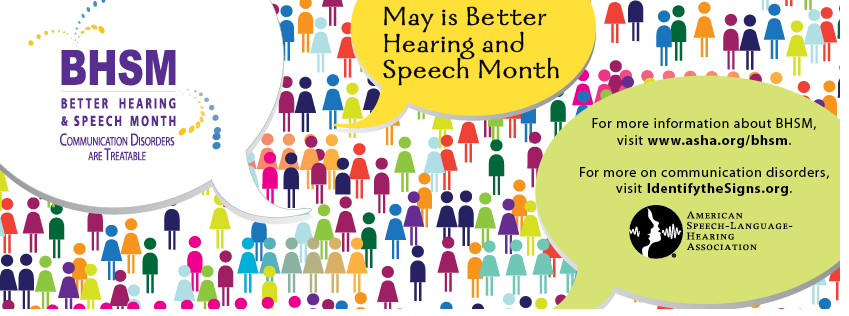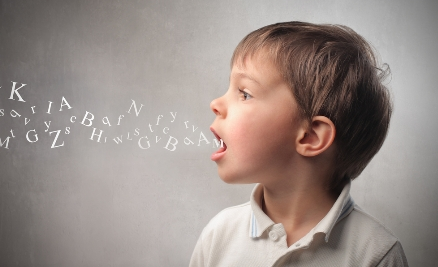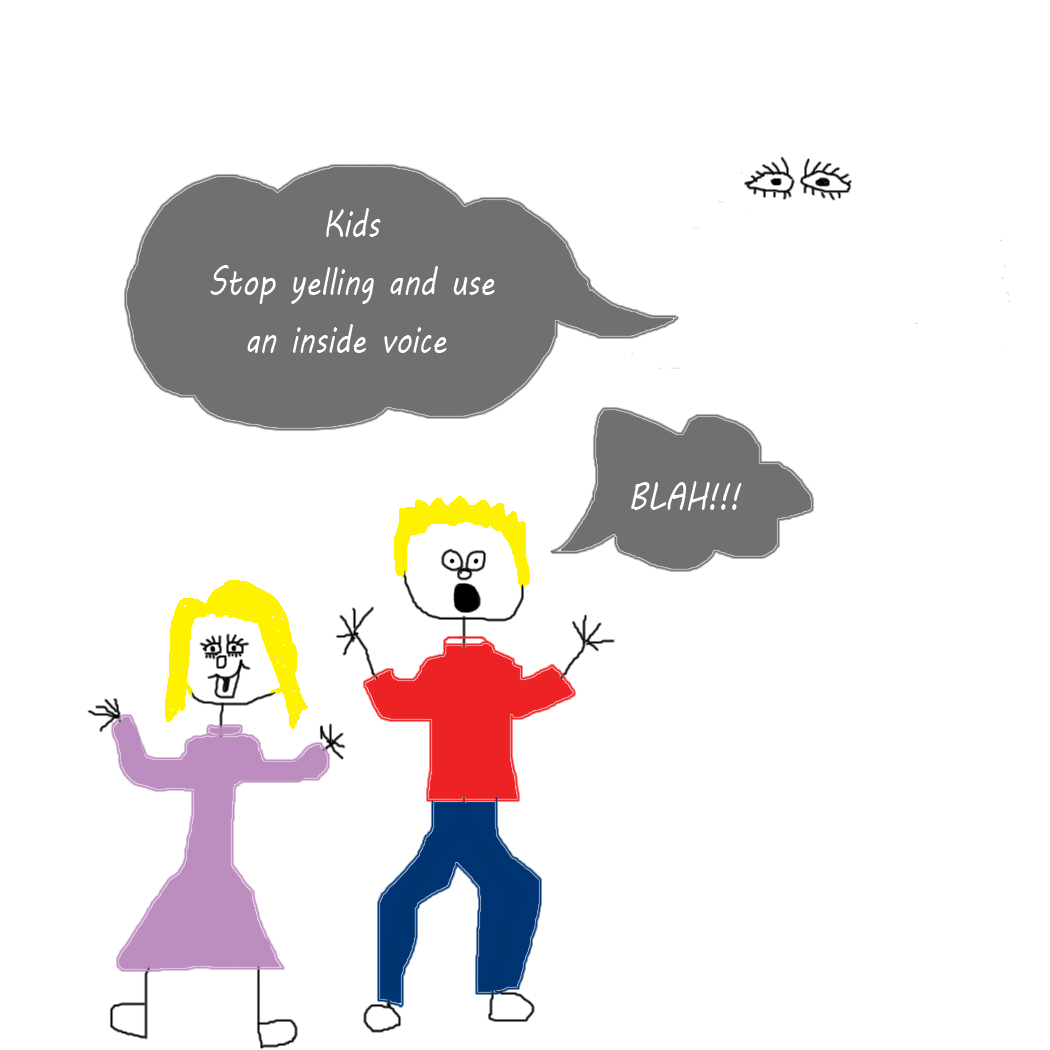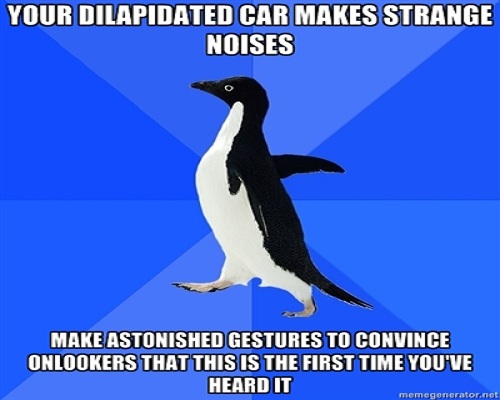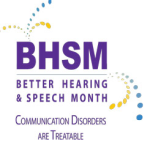
May is Better Hearing & Speech Month. Image courtesy of American Speech-Hearing-Language Association
Let’s celebrate Better Hearing and Speech month! We at Speech Buddies celebrate this month as an excellent opportunity to raise awareness about speech, hearing and communication disorders, and to explore treatment and speech therapy options. Ever since 1927, the American Speech-Language-Hearing Association (ASHA) has celebrated Better Hearing and Speech Month (BHSM) by providing opportunities that raise awareness about communication disorders and promote treatments that can improve the quality of life for those who experience problems with speaking, understanding, or hearing.
Continue reading

